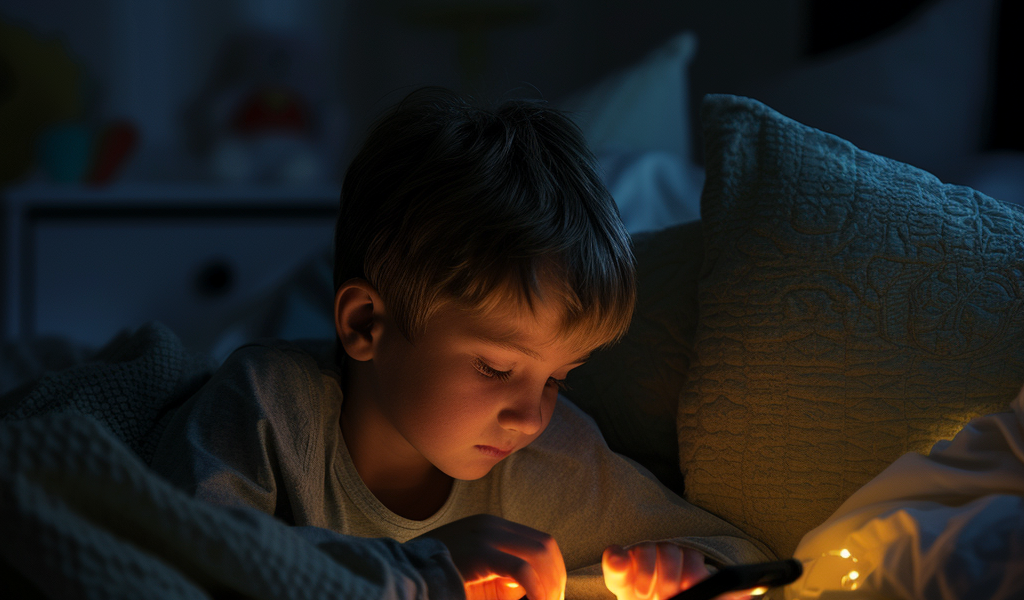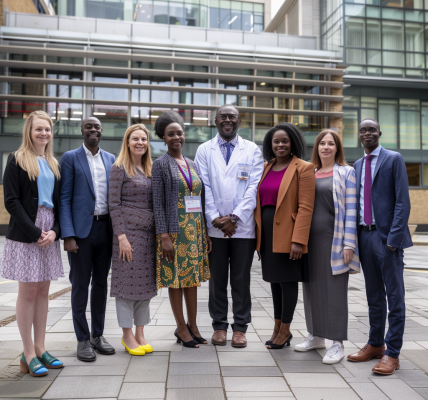Cell phones, tablets, and computers are now common items found in the bedrooms of children and teens. However, new research suggests that the use of these devices at night is associated with a significant loss of sleep time and a decrease in sleep quality among young individuals. The findings, published in JAMA Pediatrics, indicate that even those who do not actively use their devices at night are still affected, potentially leading to daytime sleepiness.
Dr. Ben Carter, the lead author of the study and a senior lecturer in biostatistics at King’s College London, highlighted the consistent pattern of the effects observed across various countries and settings. The research involved an analysis of numerous studies conducted between 2011 and 2015, encompassing 125,198 children with an average age of 14½ years.
The results revealed a strong and consistent association between bedtime media device use and inadequate sleep quantity, poor sleep quality, and excessive daytime sleepiness. Even children who did not actively use their devices in their bedrooms were found to experience sleep disturbances and were more likely to encounter similar sleep-related issues.
Notably, the study also pointed out that the lights, sounds, and stimulating content emitted by these devices could contribute to disrupting sleep patterns, affecting the overall sleep experience of children and teens. The National Sleep Foundation reported in 2013 that a significant percentage of children and teens have at least one device in their sleep environment, with the majority using technology near bedtime.
The omnipresent use of technology near bedtime was found to delay sleep time, potentially impacting the circadian rhythm, which regulates biological processes such as body temperature and hormone release. The researchers explained that the light emitted from devices and their content could influence the release of the hormone melatonin, which plays a crucial role in inducing sleep.
The study’s findings shed light on the potential negative effects of nighttime device use on the sleep patterns and quality of children and teens. With the prevalence of technology in today’s society, it is important to consider the impact of screen time on the sleep habits of young individuals, prompting further awareness and potential interventions to promote healthier sleep practices.





